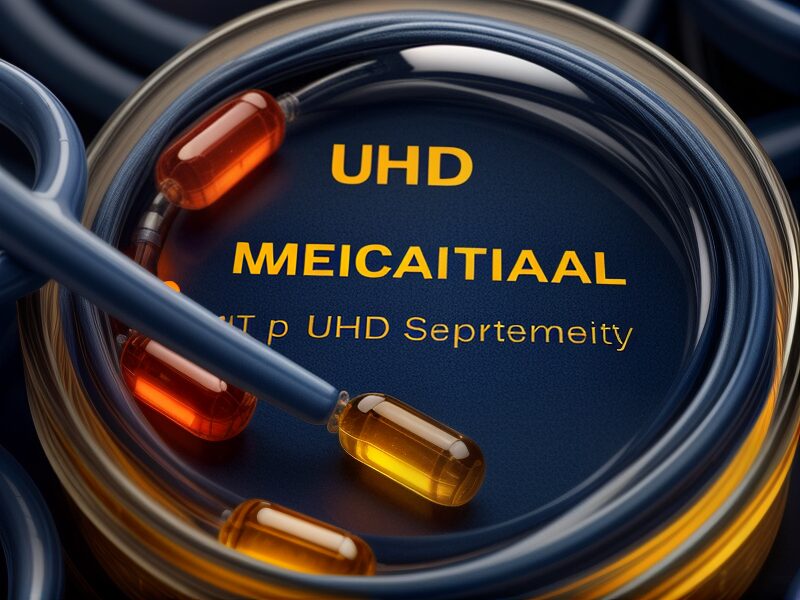Exploring the Role of ICH in Global Pharmaceutical Standards
The International Council for Harmonization of Technical Requirements for Pharmaceuticals for Human Use (ICH) plays a pivotal role in shaping global pharmaceutical practices, ensuring the quality, safety, and efficacy of medicines worldwide.
The International Council for Harmonization of Technical Requirements for Pharmaceuticals for Human Use (ICH) is a global initiative involving regulatory authorities and pharmaceutical industry representatives from around the world. Established in 1990, the ICH aims to promote international harmonization of regulatory requirements for the approval of pharmaceutical products, with the goal of improving public health by facilitating timely access to safe, effective, and high-quality medicines. Here’s an overview of the ICH, including its history, function, and major achievements:
History
The ICH was founded in response to the growing need for international collaboration in pharmaceutical regulation. Prior to its establishment, differences in regulatory requirements among regions often led to duplicative testing, delays in drug approval, and barriers to global drug development and access. The initiative was launched by regulatory authorities and industry associations from the European Union, United States, and Japan, with subsequent participation from other regions such as Canada and Switzerland.
Function
The primary function of the ICH is to develop and implement harmonized guidelines and standards for the pharmaceutical industry. These guidelines cover various aspects of drug development, including quality, safety, efficacy, and multidisciplinary topics such as pharmacovigilance and clinical trial design. By harmonizing regulatory requirements across different regions, the ICH aims to reduce redundancies in the drug development process, enhance efficiency, and facilitate global drug registration and access.
Major Achievements
Over the years, the ICH has achieved significant progress in harmonizing pharmaceutical regulation worldwide. Some of its major achievements include:
Development of Common Technical Documents (CTDs)
The ICH has established a set of harmonized formats for regulatory submissions, known as Common Technical Documents (CTDs). These standardized formats streamline the preparation and review of regulatory applications, making it easier for companies to submit drug dossiers for approval in multiple regions.
Harmonization of Quality Guidelines
The ICH has developed numerous quality guidelines covering aspects such as pharmaceutical development, stability testing, and manufacturing processes. These guidelines promote the use of consistent quality standards and facilitate mutual recognition of manufacturing facilities, thereby reducing the need for redundant inspections and accelerating the availability of high-quality medicines.
Guidelines for Clinical Trials
The ICH has developed guidelines for the design, conduct, and reporting of clinical trials, including guidelines on Good Clinical Practice (GCP). These guidelines help ensure the ethical conduct of clinical research and the generation of reliable data to support regulatory decision-making.
Implementation of Safety Standards
The ICH has established guidelines for pharmacovigilance and risk management, including the development of standardized formats for adverse event reporting. These guidelines enhance post-market surveillance of medicines and help identify and mitigate safety concerns in a timely manner.
Conclusion
Overall, the ICH has played a crucial role in promoting international collaboration and convergence in pharmaceutical regulation, resulting in improved efficiency, consistency, and transparency in the drug development and approval process. Its ongoing efforts continue to benefit patients worldwide by facilitating access to safe and effective medicines.
Links
Visit the ICH website.
The Role of ICH in Global Pharmaceutical Standards
The International Council for Harmonization of Technical Requirements for Pharmaceuticals for Human Use (ICH) plays a pivotal role in the harmonization of pharmaceutical regulations across the globe. Its primary aim is to ensure that safe, effective, and high-quality medicines are developed, registered, and maintained in the most resource-efficient manner.
Ensuring Safety and Efficacy in Pharmaceuticals
ICH’s initiatives focus on establishing global standards for drug development and market approval, which are crucial for protecting public health. These standards help streamline the process, reduce duplication in clinical trials, and minimize delays in getting critical medications to the market.
Supporting Innovation and Regulatory Convergence
By fostering greater predictability and transparency in the regulatory process, ICH encourages innovation in the pharmaceutical industry. It supports the convergence of technical requirements worldwide, facilitating international access to quality medicines and bolstering pharmaceutical trade and development.
Key ICH Initiatives

Harmonized Guidelines
The ICH develops harmonized guidelines to ensure that safe, effective, and high-quality medicines are developed and registered in the most resource-efficient manner.

Quality Consensus
Through its Quality Consensus, ICH has set global standards that address the complexities of pharmaceutical development and the high demands of regulatory compliance.

Safety Evaluations
ICH initiatives include enhancing the evaluation of pharmaceutical safety to protect public health by identifying and mitigating potential risks in drug products.
Enhancing Global Pharmaceutical Standards
The Role of ICH in Pharmaceutical Regulation
The International Council for Harmonization of Technical Requirements for Pharmaceuticals for Human Use (ICH) plays a pivotal role in the standardization of drug quality, safety, and efficacy. By developing internationally accepted technical guidelines, the ICH facilitates a more streamlined and efficient regulatory process for pharmaceuticals, ensuring that safe, effective, and high-quality medicines are available globally.

